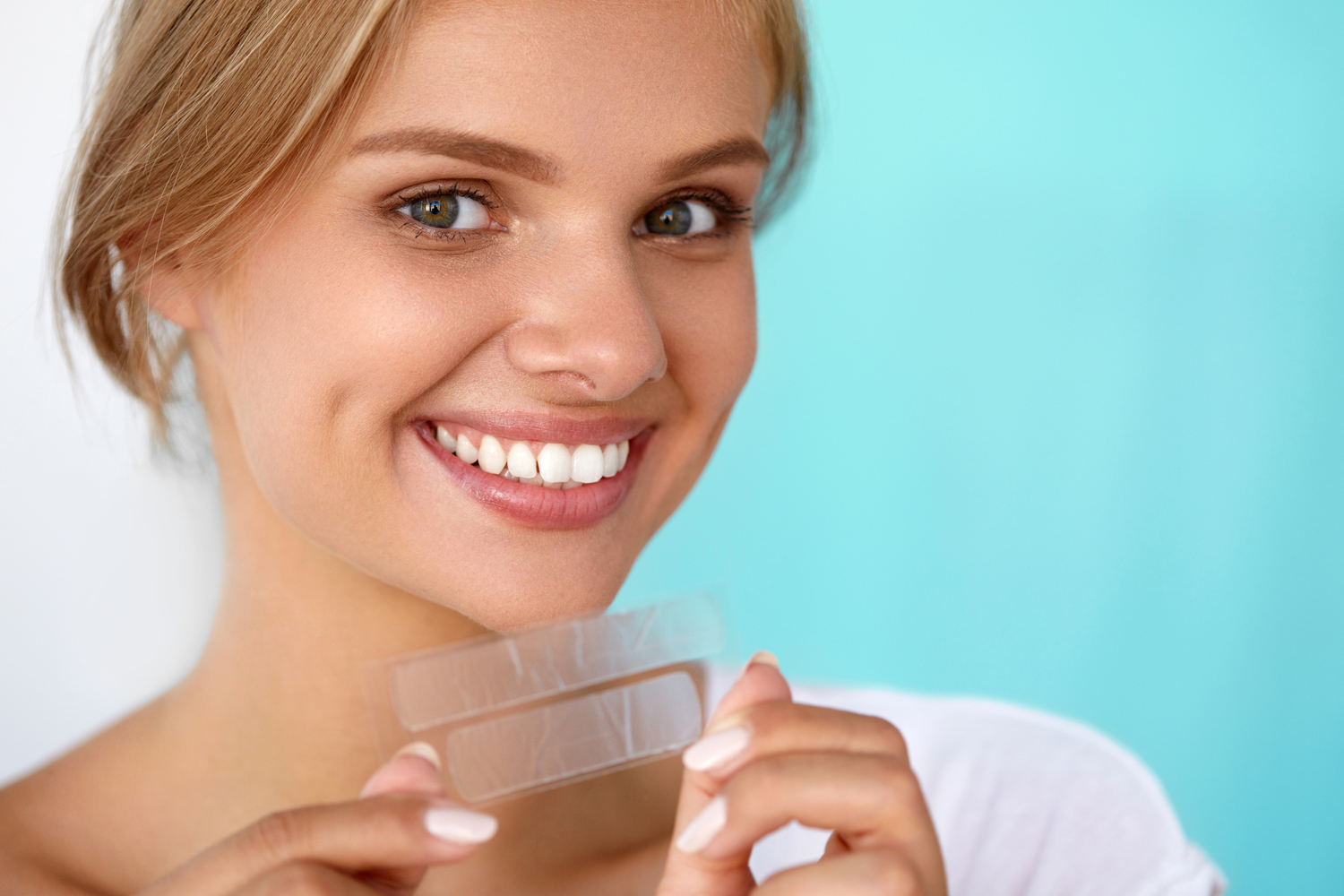
6 Home Remedies to Whiten Teeth
It’s completely natural for teeth to change color as we age. This is due mainly to the outer enamel wearing away, revealing the yellow dentin underneath. Americans are spending more money than ever to achieve a pearly white smile. Many popular methods for teeth whitening are full of harsh chemicals and can even cause long-term tooth damage. Safer techniques involve using natural home remedies that can be found in your pantry or fridge.
These home remedies work by removing stains on the surface of the teeth and do not harm the enamel or gums:
1. Baking soda
Brushing with baking soda naturally whitens the teeth. Baking soda or sodium bicarbonate has a mildly abrasive chemical. Many types of toothpaste include baking soda as one of their ingredients as it works like a scrub and removes stains on teeth. The abrasive property of baking soda helps to keep the teeth whiter. It also prevents bacterial growth due to its alkalinity. Studies have found that toothpaste with baking soda is more effective in removing yellow stains and removing plaque.
2. Oil pulling
This is also an effective method wherein oil is used as an oral cleanser. It is meant to remove toxins and improve oral hygiene. Coconut oil, sesame oil, or sunflower oil can be used as a mouthwash. It cleanses the teeth, removes bacteria in the mouth, and reduces plaque formation and gingivitis. Though it is not proven scientifically that oil pulling whitens teeth, it has been considered as a safe practice.
3. Hydrogen peroxide
Hydrogen peroxide is another common teeth whitening agent. Using hydrogen peroxide kills the bacteria in the mouth. It is a natural bleaching agent and many whitening products contain hydrogen peroxide as it is an antiseptic and is used to disinfect surfaces. Because of its antibacterial properties, hydrogen peroxide helps to treat gum disease and plaque that gets formed due to bacteria. Tests show that toothpaste that contains baking soda and hydrogen peroxide in accepted standards provided whiter teeth. However, hydrogen peroxide has to be used in diluted forms. It can be used as a mouthwash before brushing.
4. Apple cider vinegar
Apple cider vinegar has also been traditionally used as a disinfectant. Acetic acid, which is the main ingredient in vinegar, helps kill the bacteria. This antibacterial property helps in cleaning the mouth and whitening teeth. Acetic acid can also erode the enamel and hence regular use is not recommended. It can be used as a mouthwash in diluted form and care should be taken to properly rinse the mouth after use.
5. Chewing gum
Chewing gum helps remove acids present in the mouth and prevents tooth decay. Chewing gum that have cinnamon are found to reduce bacteria that causes bad breath. It stimulates the production of saliva which repairs the signs of tooth enamel decay and help keep teeth whiter.
6. Activated charcoal, salt, and cinnamon
Salt, cinnamon, and charcoal are also considered to be good teeth whiteners. Activated charcoal has a history of being used for cleaning teeth. The binding capacity of charcoal has made it a popular teeth whitener which is also used as an ingredient in toothpaste and whiteners.
Salt has also been used as a cleaning and whitening agent. Rinsing with warm salt water is a practice recommended to disinfect the mouth. It increases the alkaline level of the mouth, thereby killing bacteria. Salt may be good for dental hygiene and teeth whitening but excess salt can be bad as it damages the enamel. Cinnamon is also a good mouth cleanser and it has powerful antioxidants such as polyphenols which have anti-inflammatory properties.



